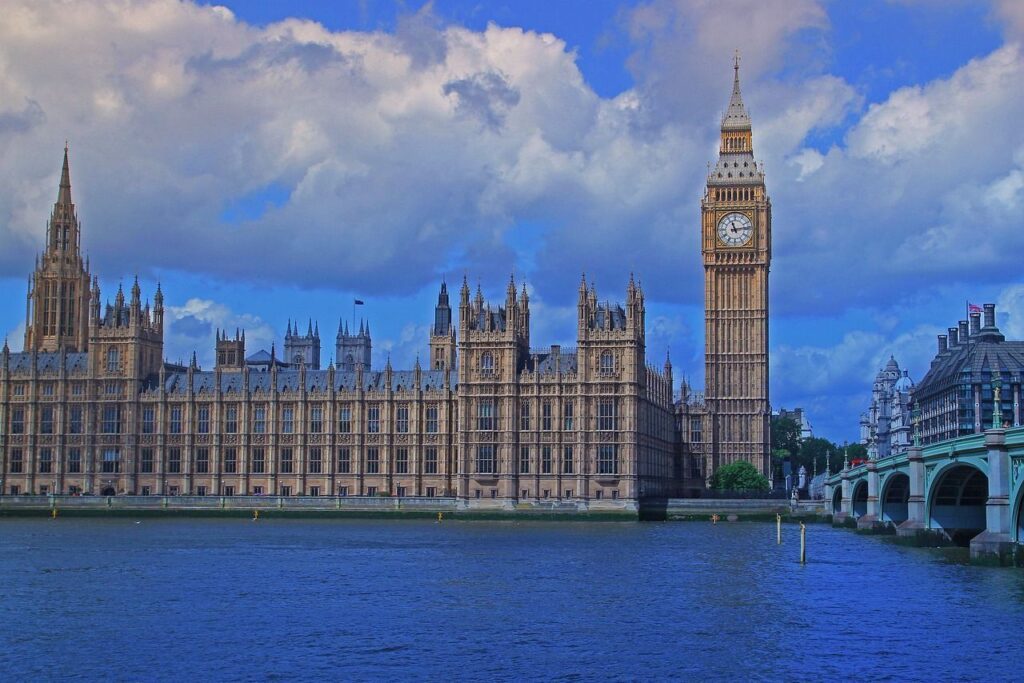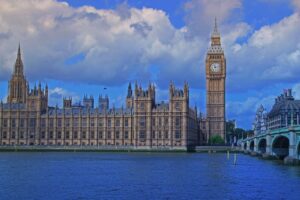The first King’s Speech of the Labour government elected on 4th July contained plans for laws that will impact the security and protection industry. In most cases these build on Bills proposed by the last Conservative government and had been promised within the Labour manifesto.
Martyn’s Law
The Terrorism (Protection of Premises Bill), known as Martyn’s Law, in memory of Martyn Hett, one of 22 people murdered in the Manchester Arena terrorist attack in 2017, is due to be introduced. This law follows campaigning, led by Martyn’s mother, Figen Murray OBE, and aims to strengthen the security of public events and venues. The Bill requires those responsible for certain premises and events to take steps to mitigate the impact of a terrorist attack and reduce harm in the event of a terrorist attack occurring.
A draft Bill had been introduced in 2023 under the Conservative government, and was announced in its last King’s Speech. More recently there had been a consultation on the aspect of the law covering the responsibilities of smaller venues, due to concerns that these could be too burdensome. The briefing on the law suggested that those managing smaller venues will be focused on low-cost solutions such as training of staff on evacuation procedures.
Meanwhile “those responsible for larger ‘enhanced tier’ premises and certain public events will be required to put in place counter terrorism measures that could be expected to reduce, so far as reasonably practicable, both the risk from an attack occurring at the premises or event as well as the risk of physical harm being caused if an attack was to occur.”
Posting on LinkedIn Figen Murray welcomed the inclusion of Martyn’s Law in the Kings Speech. Previously she had thanked the Prime Minister, Sir Kier Starmer, for writing to her during the general election campaign pledging his political and personal commitment to get Martyn’s Law passed as soon as possible.
An earlier 2021 government consultation received 2,755 responses from across the UK and a variety of sectors. This showed that 70% respondents agreed that those responsible for publicly accessible locations should take appropriate and proportionate measures to protect the public from attacks and should prepare their staff to respond appropriately in the event of a terrorist attack.
Vaping restrictions
The previous government’s Tobacco and Vapes Bill had cross-party support. Like the previous Bill this is part of a plan to make sure younger generations can never legally be sold cigarettes, and therefore creating a smoke-free UK in the future.
In addition, the government said it will, “stop vapes and other consumer nicotine products (such as nicotine pouches) from being deliberately branded and advertised to appeal to children meaning they are only available as a tool to help smokers quit.”
Ministers will be given the power to regulate the flavours, packaging, and display of vapes and other nicotine products. Additionally, enforcement of the law on the sale of vapes will be strengthened. Trading Standards organisations will be given the power to issue Fixed Penalty Notices for the underage sale of tobacco and vaping products.
Vaping has become a pressing public health issue due to the rise in the numbers of young people taking up the habit, which has caused disruption in schools and led to hospitalisations. Health professionals agree that vaping can support people to give up smoking, but if you have not smoked you should not vape.
Speaking to MPs on the Health and Social Care Committee in February 2023 the Chief Medical Officer, Chris Whitty, said, “Marketing vaping, an addictive product which has unknown consequences on developing minds, to children is utterly unacceptable and yet is happening. We know it is happening as, although from a low base, the rates of vaping have doubled in the past couple of years.”
Tackling retail crime
The Labour government’s Crime and Policing Bill announced in the King’s Speech will create a new specific offence of assaulting a shopworker and introduce stronger measures to tackle low level shoplifting.
Retailers and their trade bodies have been campaigning for a standalone offence for some years and it was promised about a month before the general election was announced, after previous measures were not proved to be effective enough. The British Retail Consortium’s (BRC) retail crime survey had shown an almost tripling from 455 per day in 2019/20 to 1,301 in 2020/21 of assaults of staff during the course of the COVID pandemic.
Violent or abusive incidents were back at the same peak levels in the 2022/23 according to the BRC Crime Survey 2024 report. Meanwhile incidents of customer theft rose to 16.7 million up from 8 million the year before. This meant the cost of theft had risen above £1billion for the first time to £1.8billion or just under £5 million a day.
Meanwhile, retailers had taken independent action to encourage police forces to take more action against shoplifting. This included Project Pegasus that is supported by 13 retailers including the Co-op, Tesco and the John Lewis Partnership, and funds a Police team of specialist staff to focus on tackling retail crime. Separately many more retailers have provided staff with body-worn cameras, to act as a deterrent to criminals but also allowing for staff to be more quickly supported by security personnel and for the recording of incidents of abuse.
Data Protection Regulation
The Labour government said it will change the structure of the data protection regulator, the Information Commissioner’s Office (ICO), within its Digital Information and Smart Data Bill. This will lead to the creation of a chief executive officer, board and a chair. The regulator will also be given stronger powers.
The government said, “This will be accompanied by targeted reforms to some data laws that will maintain high standards of protection but where there is currently a lack of clarity impeding the safe development and deployment of some new technologies. We will also promote standards for digital identities around privacy, security and inclusion.”
The previous government’s Data Protection and Digital Information Bill, had been passed in the House of Commons, and completed its committee stage last month in the House of Lords, but was omitted from the Bills passed when the previous parliament was dissolved. The new Bill looks to be more targeted, but we will keep an eye on the detail as the previous Bill had removed the role of the Biometrics and Surveillance Commissioner (BSCC) and abolished the associated Surveillance Camera Code of Practice. This had raised concerns within the security industry.
Data protection laws are important for surveillance camera operators as they need to be registered with the ICO and to be compliant as all footage is regarded as personal data and the privacy of individuals needs to be protected. Meanwhile, the Code is binding on public sector and law enforcement bodies and provides a framework to ensure data protection rules are followed, and has additional requirements for CCTV operators when it is used in public places.
To keep informed on the progress of these Bills in this Parliament you can sign up to our newsletter on our Blogs page: https://ecl-ips.com/blog/



